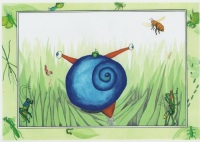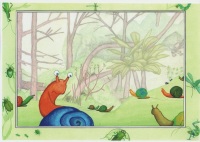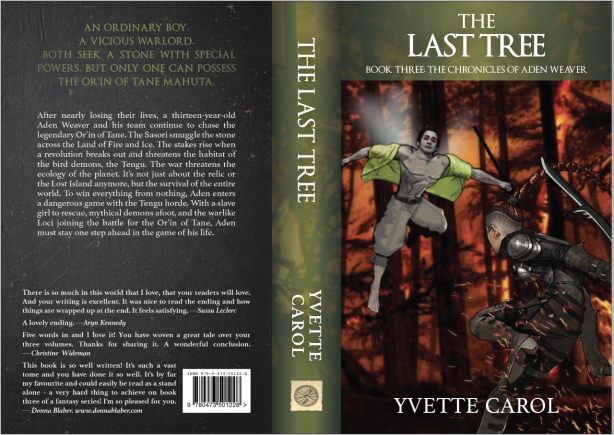As a writer, the first reflex when anything happens is to write about it. After getting phone scammed and having no computer or net for a week, I kept a journal and intended to put it up on my blog, ‘The No-Internet Experiment.’ When I re-read the miserable snippets I’d written, I was reminded of something a former writing teacher and author, Joy Crowley, had warned us about, “Therapy Writing.”

One of the most prolific writers in New Zealand, Joy Cowley is the beloved author of 41 picture books and approximately 500 reading books or basal books.
Joy told us to watch out for “Therapy Writing.”
Therapy writing is when a piece is more about letting go of stuff being dredged up within us, than it is about fiction. ‘Experiences of our childhood will come up in disguise in our writing,’ she said, ‘I see many sad lonely childhoods coming out in people’s writing.’
‘Even accomplished writers will write bleak books that are directly from their painful childhoods.’
Yet, therapy writing has its place. It’s not that we should be trying to lock the memories and the deeply-felt wounds back inside ourselves again.
‘They need to come out,’ Joy explained.
We need a safe outlet for expressing long-held thoughts and feelings. Through writing we get to feel heard in a way. We feel the benefit of the curative treatment implied in the word therapy.

I remember one time, over thirty years ago, when I was starting out as a writer. I had submitted a short story to a big writing competition. My piece went on the reject pile, of which, the chief judge said, ‘the entries were so badly written, it was like people had sent in descriptions of their dismembered limbs dashed over with tears and blood.’
Though the critique had stung at the time, I’m sure he was right! I was still in that stage of discharging the humiliations of my youth.
Joy Cowley said, ‘Therapy writing is just something every writer has to go through.’

Naturally, the content of our lives will be our first resource when we start writing. Whether consciously or otherwise, we unblock that release valve on our childhoods, and give voice to all that went unsaid. We discharge that pent-up energy. A lot of teachers say our first stories or books are unsuitable for publishing for that reason.
Joy said to watch for therapy writing especially in our fiction. ‘How do you know if it’s therapy writing? You feel sorry for the character. You never feel sorry for your character!’
The task upon us as writers is to use all of our painful history and all of our strength to take our characters into the heart of darkness.
That is the challenge.

‘Take any protagonist’s belief system – it’s the writer establishing the story’s trajectory. It’s the writer saying, watch carefully now as I systematically destroy that belief system,’ film-maker and author, PJ Reece wrote. ‘Every story is a journey to the heart of darkness.’
‘You won’t write Pollyanna,’ Joy reassured us, ‘you will write with the wholeness of the human condition.’
As we mature as writers, we learn how to write with the wholeness of our lives, infusing our work with all the experiences good and bad. That way, we can create full, balanced stories. You use what you’ve been through in life; you dig into that well of experiences, good and bad, for the enrichment of your stories.
‘Struggle is what readers want, what we identify with, what we save our money for,’ said PJ Reece. ‘It doesn’t get more terrifying than shedding our skin, leaving our old self behind. And yet that’s just what the best authors do. They love their protagonists to death.’
I love that line. It’s so steely-eyed.
Ultimately, we draw from the wholeness of our human condition in order to fully subject our protagonist to their Waterloo. If we can’t do that, there’s no transformation. No pay-off. And that’s what we need to see: for our characters to go through fire and evolve into something higher.
‘A story is a promise that the hero will court disaster.’ ~ PJ Reece
How about you, are you able to subject your characters to disaster? Did you do therapy writing when you started out?

Keep Creating!
Yvette K. Carol
+
‘Now let’s write our brains out passionately and with minimal reference to grids and rules. Let’s write from a love of the art and the heart of fiction.’ ~ PJ Reece
















So true, Yvette. I cringe when I notice dark tones to light subjects in my poems. I’d like to think I’m passed that now. It was good therapy at the time.
LikeLiked by 1 person
Yes, poetry is exactly the same process isn’t it, Catherine. I’ve written little bits of poetry over the years, and when I look back at them, I cringe, too. Good word for it! However, as my gran would say, ‘Better out than in.’ 🙂
LikeLiked by 1 person
Well, there are many stories, I think that makes us feel sorry for the character…Harry Potter comes to mind, and Bella (in the Twilight books…though for me, that wasn’t as successful because I couldn’t stand her and her whiny-ness after about 3 chapters). For me, the key is to make the episode in your life a real and interesting story, not just a vignette rehashing of the events that made you miserable. 🙂
LikeLiked by 1 person
Yes! 🙂
I love it best when I care for the character I’m reading about in an organic way. It’s almost coming over in a natural timing as I go through the book, similar to the gradual process of acclimatisation that happens when you get to know new friends with time. This is sort of connection in my writing is what I’m so passionate about!
LikeLiked by 1 person
I like the PJ Reece line about loving characters to death. It seems very insightful to me.
LikeLiked by 1 person
Me, too.
LikeLiked by 1 person
Anything said by Joy Cowley is worth taking seriously. Wonderful wise and warm writer.
LikeLike
I agree. Getting to spend the whole weekend with her in 2010 was time spent with a national treasure. We all learnt a lot. I’m still friends with some of the writers I met in that workshop, too. 🙂
LikeLiked by 1 person